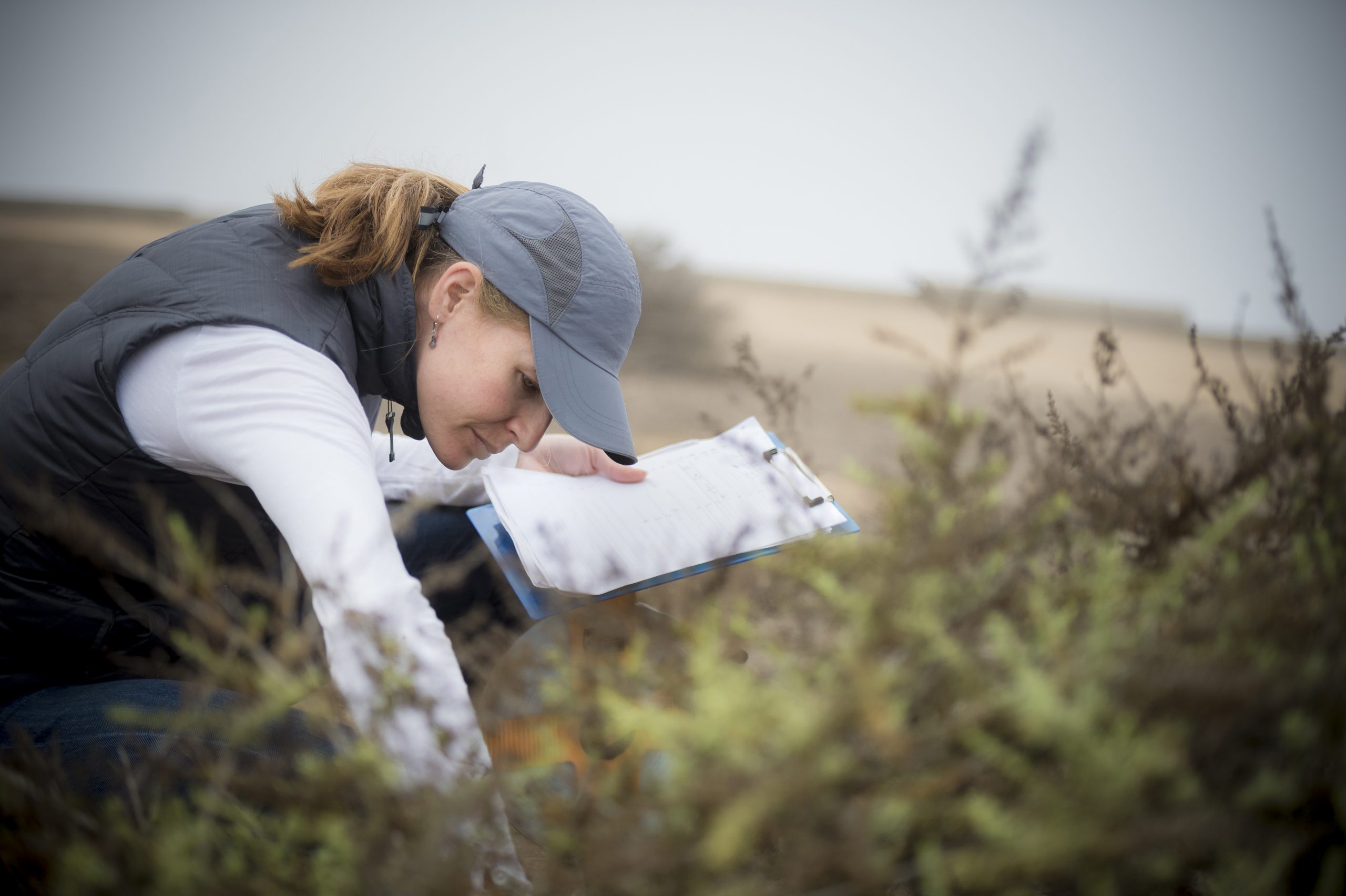Overview
Research in our lab evaluates responses to global change at multiple scales, from individual plants to ecosystem-level processes. We rely on the unifying concept of plant functional traits, that reflect trade-offs in ecological and evolutionary strategies, and integrate the responses of species to their environment, as well as the impact of species on ecosystem level processes. We focus on the native and invasive plants in Southern California ecosystems, and utilize multiple modes of inquiry, including field experiments, lab studies, data synthesis, and observations along natural gradients. One particular trait of interest is phenology, or seasonal timing, which influences many aspects of plant ecology and evolution.

Latest News
new work on community engaged science to focus on climate change adaptation
We've recently received funding through the California Climate Action program for work with the newly established Wildland-Urban Interface Climate Action Network. WUICAN ("we can") is a multidisciplinary team of researchers with the shared goal of co-creating...
new paper shows competition influences selection on germination timing
José Waterton recently published one of his thesis chapters in Evolution, showing while early germinating individuals often have higher fitness than later germinating individuals, the magnitude and even direction of selection can vary depending on the taxonomic...
California poppy project funded by new NSF Organismal Response to Climate Change grant
With the accelerating pace of both climate change and habitat loss, conservation efforts will need to understand adaptive mechanisms that maximize the chances for species’ persistence. Species distribution models are a critical tool in the conservation “tool box."...



